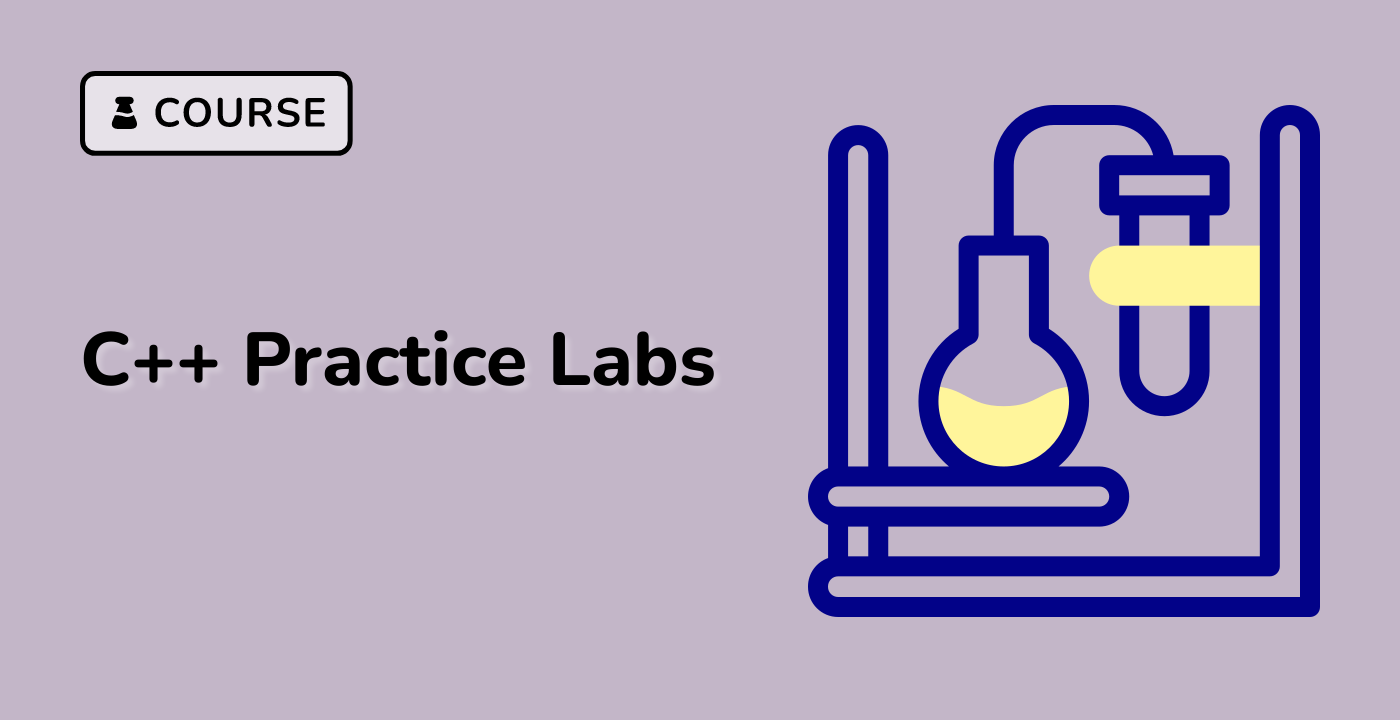Solving Techniques
Comprehensive Strategies for Resolving Multiple Definition Errors
1. Header Guards and Pragma Once
// example.h
#ifndef EXAMPLE_H
#define EXAMPLE_H
// Or modern alternative
#pragma once
class Example {
// Class definition
};
#endif
2. Extern Keyword for Global Variables
// global.h
extern int globalCounter; // Declaration
// global.cpp
int globalCounter = 0; // Single definition
3. Inline Function Best Practices
graph TD
A[Inline Function] -->|Correct Implementation| B[Header Declaration]
B -->|Single Definition| C[Compilation Success]
Recommended Inline Function Pattern
// utils.h
inline int calculateSum(int a, int b) {
return a + b;
}
Solving Techniques Comparison
| Technique |
Pros |
Cons |
| Header Guards |
Prevents multiple inclusions |
Requires manual management |
| Pragma Once |
Simpler syntax |
Not supported by all compilers |
| Extern Keyword |
Clear variable linkage |
Requires separate declaration |
4. Template Specialization Techniques
// Explicit template instantiation
template <typename T>
void processData(T value);
// Explicit instantiation
template void processData<int>(int value);
Compilation Strategies
Static Library Approach
graph LR
A[Source Files] -->|Compilation| B[Static Library]
B -->|Linking| C[Executable]
Compilation Command Example
## Compile source files
g++ -c file1.cpp file2.cpp
## Create static library
ar rcs libexample.a file1.o file2.o
## Link with main program
g++ main.cpp -L. -lexample -o program
LabEx Recommended Workflow
- Use header guards consistently
- Separate declarations and definitions
- Leverage
extern for global variables
- Use inline functions carefully
- Employ explicit template instantiation
Advanced Troubleshooting
Compiler Flags
## Enable verbose linking
g++ -v main.cpp -o program
## Show multiple definition details
g++ -fno-inline main.cpp -o program
Debugging Multiple Definitions
- Check header file inclusion
- Verify single definition rule
- Use
-fno-inline for detailed analysis
- Examine linker output
Key Takeaways
- Understand symbol linkage
- Use preprocessor directives effectively
- Manage global state carefully
- Leverage modern C++ techniques
At LabEx, we emphasize systematic approach to resolving compilation challenges, ensuring robust and efficient code development.




